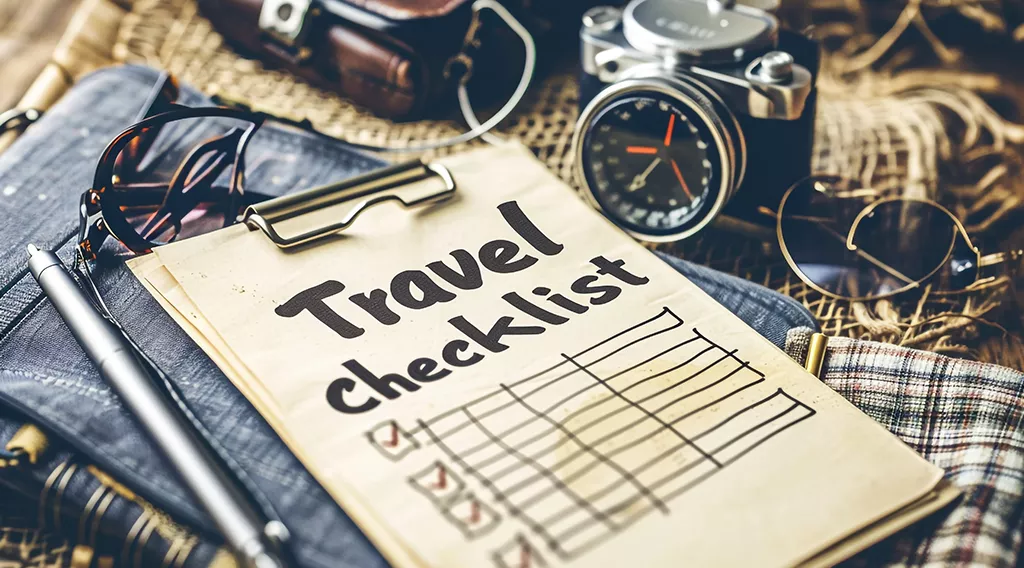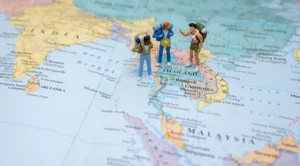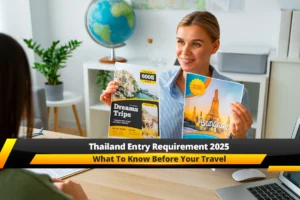Thailand is one of the top destinations around the world for tourists, digital nomads, and expats looking to settle down, and it is a modern nation with everything you could ever need. But as with traveling to any new country, you need to make preparations to ensure that your travels are safe and smooth.
Here’s a Travel to Thailand Checklist with the bare minimum you should do before traveling to Thailand.
1. Make sure you can enter the country with the right Thai visa
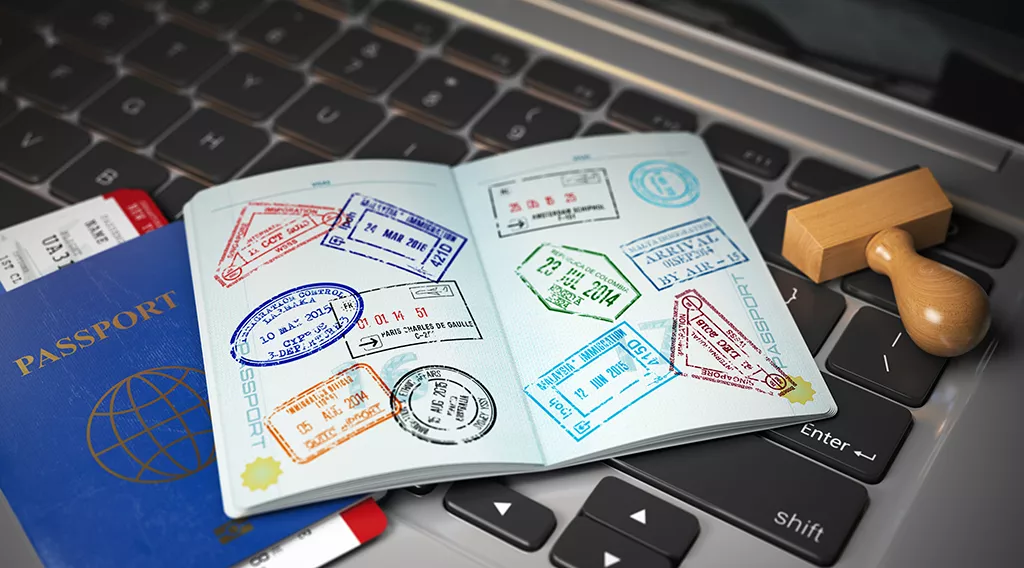
If you’re just visiting Thailand and your country qualifies for the Visa Exemption Program, you do not need to apply for a visa beforehand and can travel to and stay in the country for a short period. If you do not qualify for visa-free entry, your nationality might qualify you for a Visa on Arrival, which you can apply for at the airport when you arrive and allows a stay of a couple of weeks.
If neither of these options is available to you or you wish to stay longer than these methods allow, you will need to apply for a Thai visa before leaving. The most common options include:
- The Thai Tourist Visa for short-term visitors
- The Destination Thailand Visa for digital nomads and frequent visitors
- The 90-Day Non-Immigrant Visa for those planning on converting to a Marriage, Retirement, or Business Visa
- The LTR Visa Thailand for wealthy and highly qualified foreigners looking to settle in Thailand
- The Thailand Privilege Visa, for those seeking the ultimate flexibility and luxury in Thailand
2. Check the weather
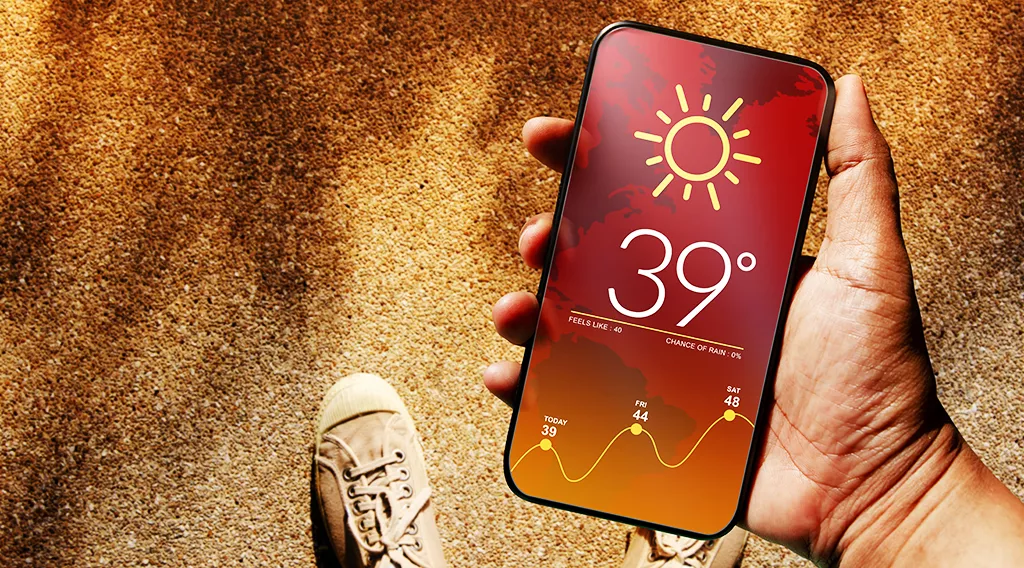
It should come as no surprise that Thailand is hot. Sometimes, however, it is also rainy.
The rainy season stretches from around June to October, in which Thailand sees heavy showers and storms that are generally intense but short. This is considered the “low” season for tourism, as people generally prefer sunshine, but the good news is that travel tickets, accommodations, and attractions are generally cheaper during this time to encourage more tourism.
The “high” season, which comprises the winter and spring, has more classical tropic weather, but that brings more heat, more tourists, and higher prices. Choose which season appeals to your sensibilities and budget before finalizing your plans to visit Thailand.
3. Get travel insurance
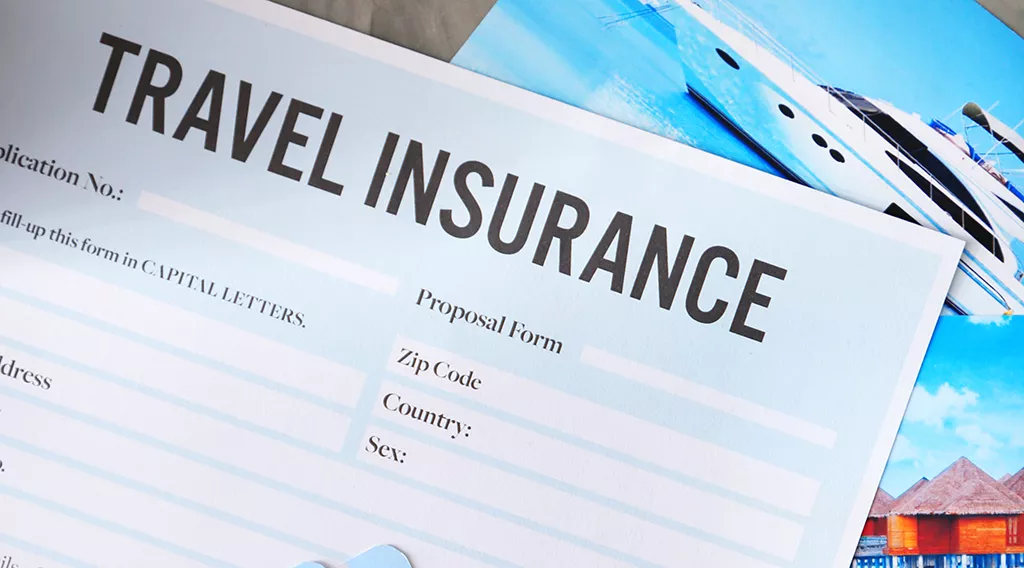
Healthcare is affordable in Thailand compared to the West, even when paying out of pocket. However, the best medical care with fluent English-speaking physicians will cost more, as will hospitalizations. That’s why it’s always prudent to get travel insurance in Thailand before visiting if your existing health coverage does not apply abroad.
4. Pack the right stuff
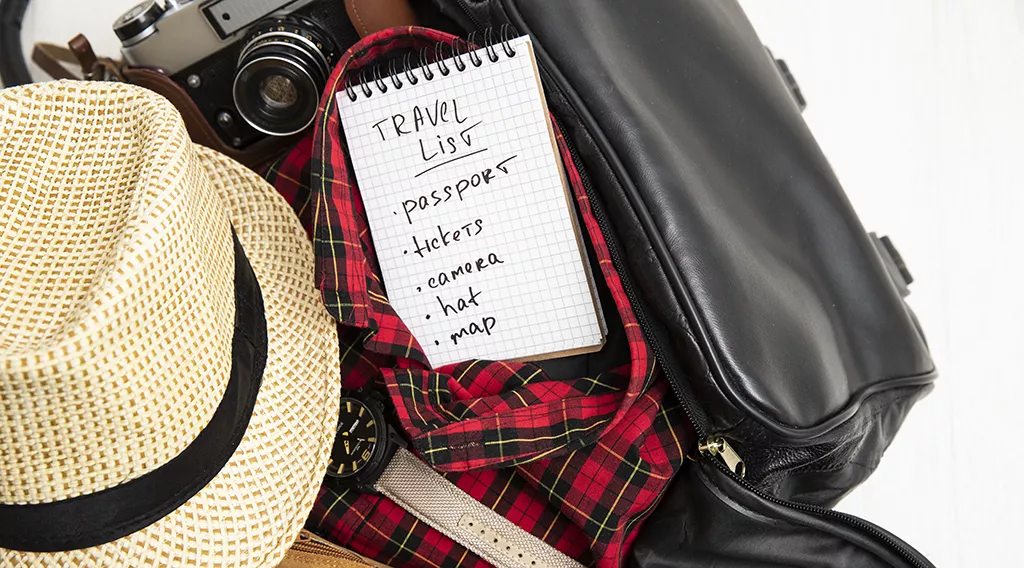
Fortunately, with Thailand being a modern country and Bangkok being an international hub, anything you might need for your travels can likely be bought in-country at one of Thailand’s many malls, markets, and shopping centers. Furthermore, a single trip to one of Thailand’s countless 7-Eleven convenience stores is typically enough for the essentials, including sanitary supplies, bug spray, sunscreen, and even emergency clothes and shoes.
If you want to be prepared ahead of time, though, here are some things you should pack:
- Thailand operates on a standard mains voltage of 220 V at a frequency of 50 Hz. This means that if your devices are not dual-voltage, you may need a voltage converter to use them safely here.
- Prescription medications are widely available here at hospitals and pharmacies, and you might be able to get some things here over the counter that you might not in your home country. Still, check ahead of time if you have specific medication needs and if/how you can get what you need.
- Hot weather clothing is recommended year-round, but there are malls and shopping centers in every major Thai city where you can get clothes. However, taller people may have difficulty finding well-fitting clothes, as the population here is generally shorter in stature than those in Western countries.
- If you are planning on visiting temples or other culturally important sites, pack modest clothing. Overly casual or revealing clothing is not permitted in such areas.
When traveling to Thailand, stick to the tourist’s mantra: over budget and underpack.
5. Prepare travel documentation
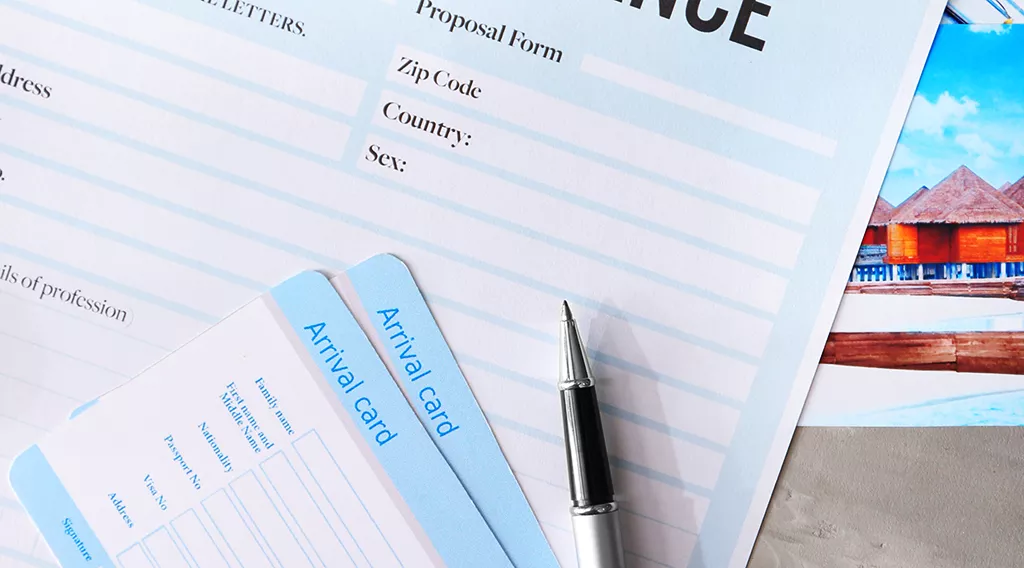
In addition to your visa and passport, there are some key travel document considerations when preparing to travel to Thailand:
- Travel Tickets: Most people fly into Thailand to either Bangkok or Phuket’s international airport. However, you can enter overland via neighboring countries such as Cambodia or Laos. Just keep in mind that most land border checkpoints are far from major cities.
- Onward Tickets: If you are just visiting Thailand, you will need proof that you will leave the country when your visa expires. This involves purchasing an “onward ticket” either to a new country or back the way you came. Save confirmation of this ticket to your mobile device.
- Thailand Digital Arrival Card: Also known as the TDAC, this electronic traveler registration is mandatory for all visitors to Thailand regardless of what visa they are entering on. You can complete this up to 3 days before you arrive in Thailand. Learn more on our Thailand Digital Arrival Card page.
Note that you generally do not need proof of vaccination to enter Thailand as of 2025. However, you may be required to show proof of yellow fever vaccination if you will be traveling through certain countries before arriving in Thailand. You can learn more on our TDAC page, linked above.
Be sure to save copies of all your important documentation, ideally in both physical and digital form.
6. Get the cash and sort your finances
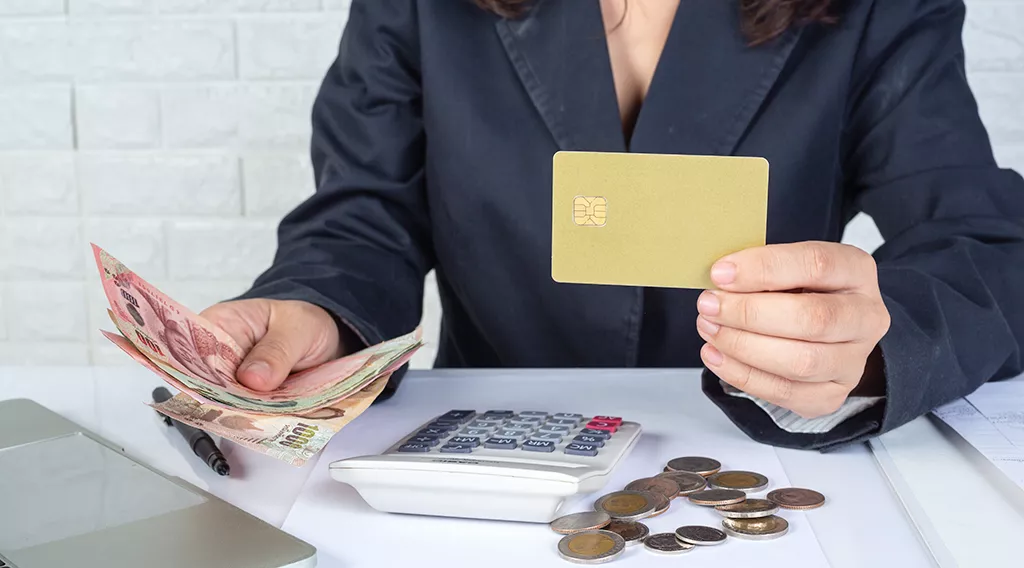
Most businesses in Thailand accept major credit cards such as Visa and Mastercard, but many, including street vendors, do not. This is why it is recommended to bring a good amount of cash with you. It is possible to withdraw money from your foreign bank account via Thai ATMs, but you will be paying steep transaction fees, so it’s better to bring the cash with you.
For a single person on vacation, a good rule of thumb is 1,000-1,500 THB per day. Convert your cash to Thai baht at the airport, or take it to one of Bangkok’s many exchanges, found all over the city. It is not recommended to go to exchangers in tourist destinations like Phuket or Pattaya, as they are known to charge higher rates or give worse rates than standard.
If you are staying for a long period, consider opening a bank account in Thailand. You don’t need a long-term visa, and the ability to use local ATMs for free and leverage mobile banking on your smartphone is highly convenient.
7. Acquire accommodations
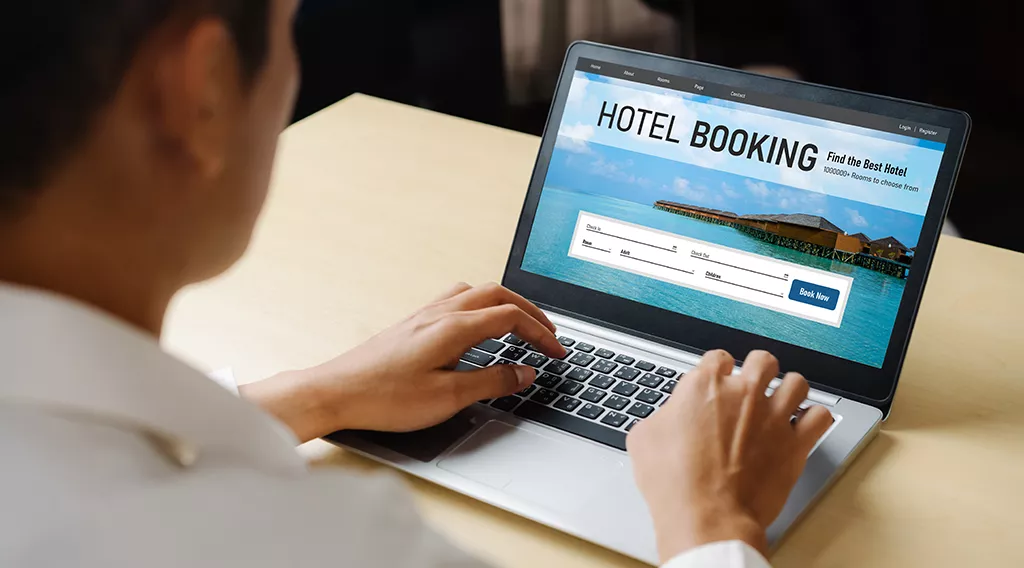
As a tourist hotspot and world-class destination, Thailand is flush with hotels, resorts, Airbnbs, serviced apartments, short-term rentals, and other accommodations for visitors. Choose a place within your budget and consider:
- Proximity to attractions and public transportation, as traffic is notoriously bad, especially in Bangkok
- Amenities such as an on-site pool or exercise room
- A certified hotel with a license, as many illegal operators rent out apartments or condos that aren’t zoned for temporary accommodations
- Air conditioning, especially if you are going in the hotter months to an urban area
Make sure that you save the exact address of your accommodation, because immigration officials may ask for it, and you want something to show to taxi drivers if you get lost.
8. Familiarize yourself with Thai culture

Thailand is a famously friendly country, and its people are used to international visitors from all around the world. But with that being said, it is important to get a basic understanding of Thai culture to ensure you are a good guest and can avoid altercations and misunderstandings.
For a quick and easy primer, refer to our page on dos and dont’s in Thailand.
9. Get a SIM card or set up international roaming
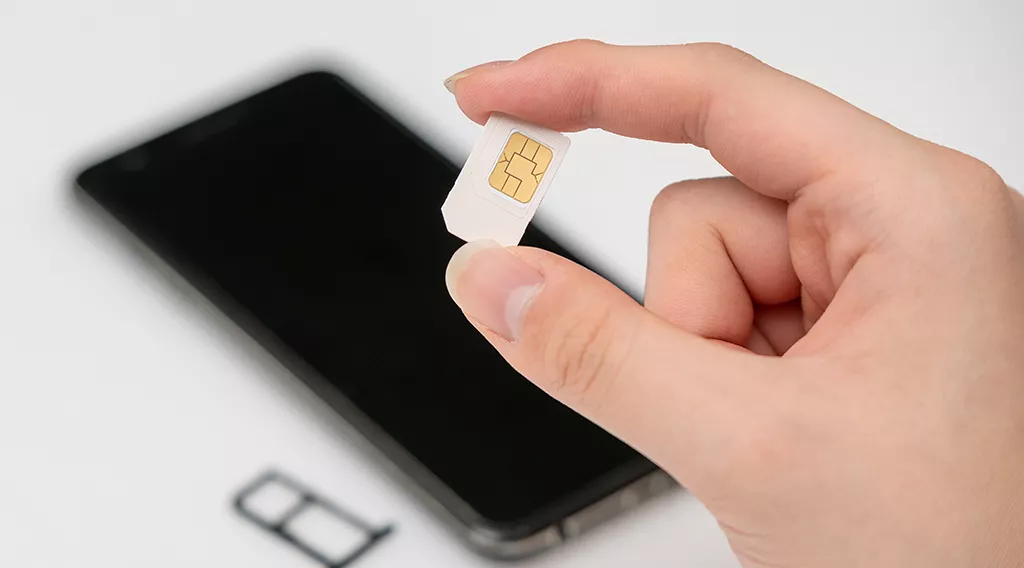
Getting by in Thailand these days all but requires a smartphone with data. If your cell phone carrier offers international roaming packages for a good price, that’s a nice and easy option.
Alternatively, there are many places in Thailand, including the airport and 7-Elevens, where you can acquire a travel SIM card with a data plan. Setup usually takes just a few minutes, and if you get one from a kiosk at the airport, the vendor will do it for you.
10. Save Siam Legal’s contact information in case you run into trouble
Thailand is a safe country, but you never know what can happen on your travels abroad. There might be a problem with your visa, or a misunderstanding might lead to an issue with the law. That’s why it’s a wise move to save contact information or bookmark the website of a trusted law firm like Siam Legal that specializes in assisting foreign citizens in Thailand.
We are a full-service law firm and visa consultancy with over 20 years of experience helping tourists and resident expats alike secure smooth entry into the country and protect their rights and assets in the event of legal trouble. If you need assistance with a visa application or have more serious legal needs, do not hesitate to contact us.








